Reversing Brexit: How Labour plans to bring the UK back in line with the EU
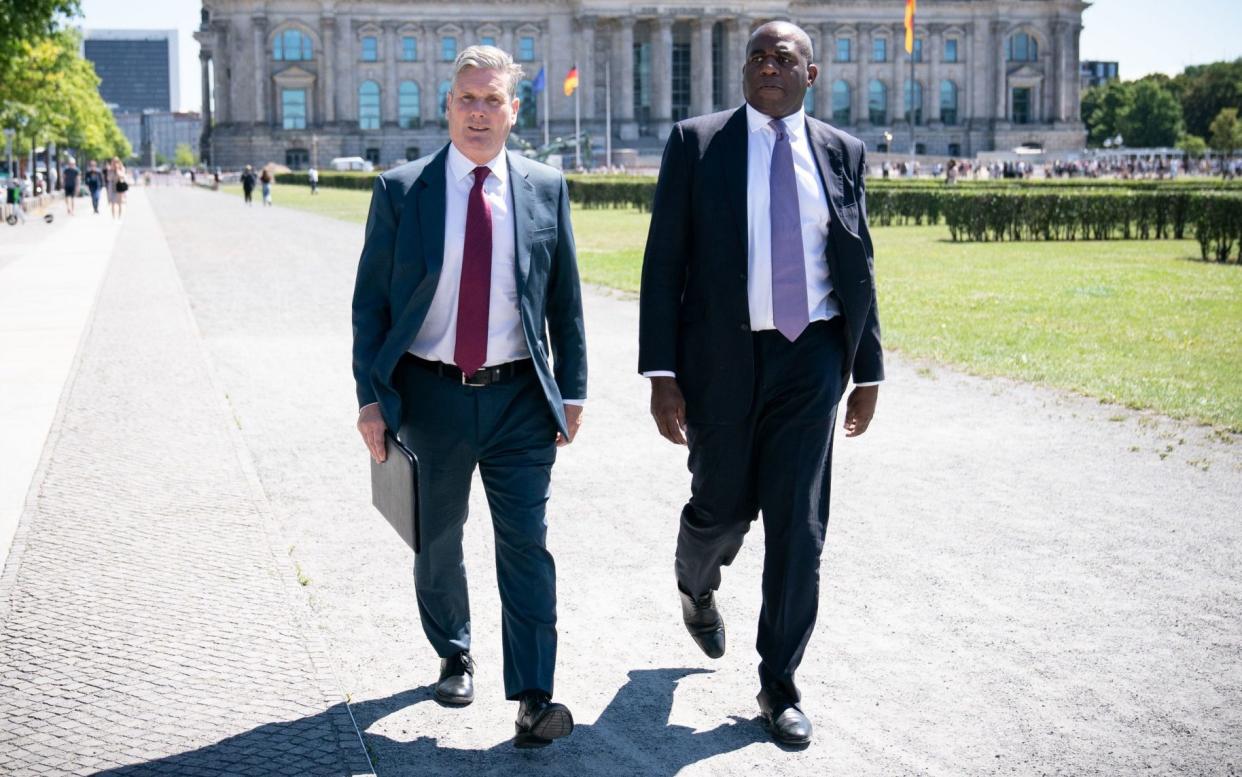
Back in 2019, Sir Keir Starmer and other Labour heavyweights including David Lammy, the shadow foreign secretary in line to oversee the next generation of Brexit talks, called for a second referendum on the UK’s EU membership.
Had they been successful, they would have urged Labour to back Remain.
But the fact remains that the EU’s hard-nosed negotiators won’t be prepared to cut Sir Keir any slack, just because they are dealing with Labour and not the Tories.
The European Commission has its own interests, its own red lines and its own goals and will demand London aligns with EU rules as the price for the agreement. It will seek to limit divergence from EU rules because the UK is a large and close market to it – and is now an economic competitor as well.
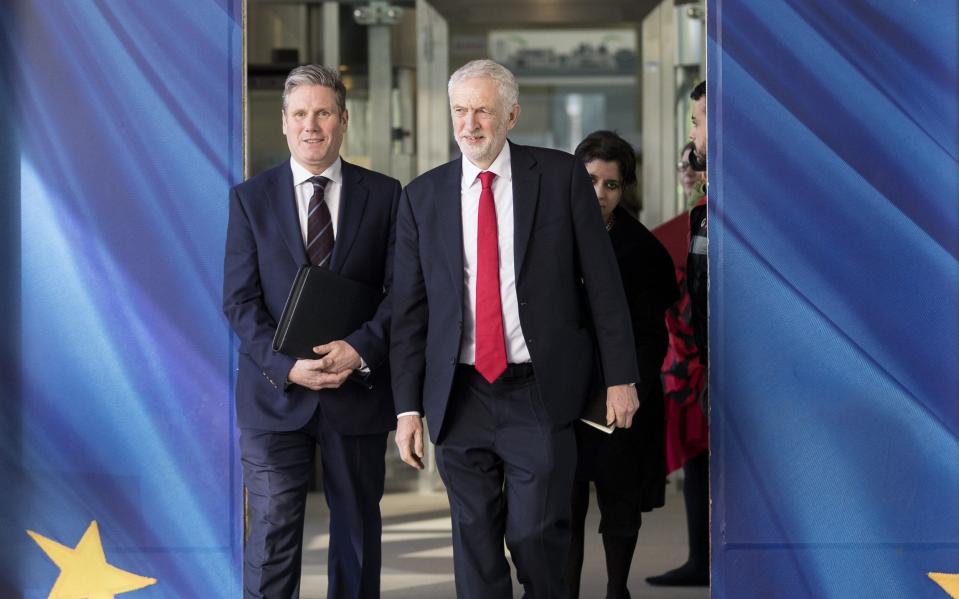
It will insist that Labour cannot “cherry-pick” the benefits of EU membership without the obligations and will argue that the bloc’s bigger size and huge market gives it the right to dictate the terms of any new Brexit deal.
Any Labour ask will also be met with demands from Brussels for access to British fishing waters and a ‘lite’ freedom of movement deal to boost youth mobility and increase European students’ access to UK universities.
Labour has ruled out a return to the EU’s single market and customs union, as well as the youth mobility deal called for by Brussels. However, as in any negotiation, those red lines will come under pressure.
A migrant returns deal
An EU-wide migrant returns deal would allow Sir Keir Starmer to send Channel migrants back to France – which has not been possible since Brexit.
The replacement of the Dublin Regulation, which means a migrant can be sent back to the first safe country they land in, would be a major coup for Prime Minister Starmer.
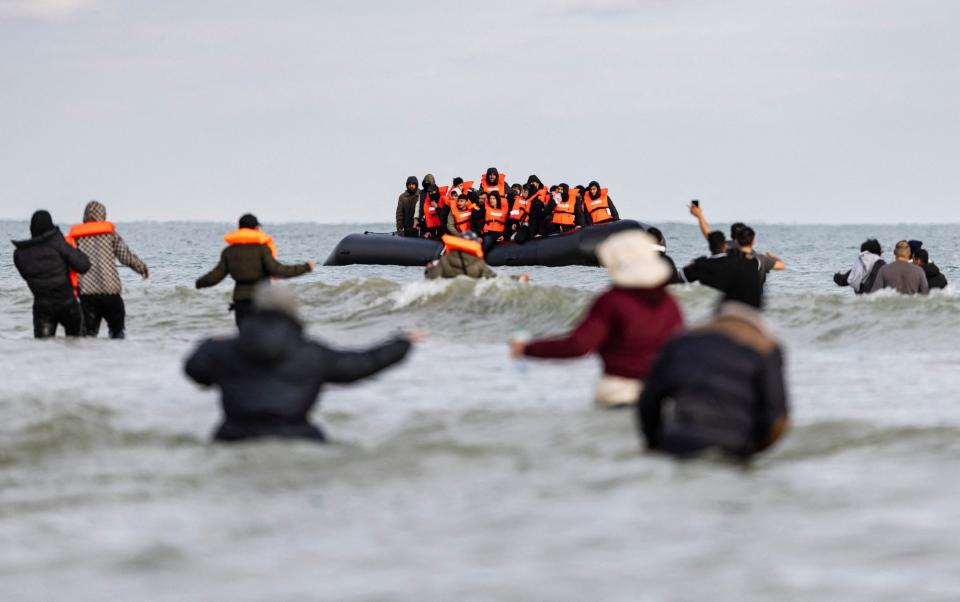
However, there is little appetite for such a deal in European capitals, especially after EU elections brought big gains for anti-migrant parties. This is why Labour have signalled they would agree to take in genuine refugees from under-pressure EU countries like Italy, in return for being able to send back illegal small boat migrants.
Britain would be participating in an EU solidarity mechanism after Brexit that it had an opt out from when it was a member state.
An ‘improved’ trade deal
Labour wants to improve the “botched” free trade agreement made by Boris Johnson’s government in 2020.
The trade deal is pencilled in for review in 2026 but the EU poured cold water on Labour’s calls for an overhaul of the agreement. Instead, it said that the deal – which works well for the EU – could be tweaked but not rewritten.
However, 2026 is also when EU access to British fishing waters is set to be renegotiated wholesale for the first time. Brussels is likely to ask for a quid pro quo guaranteeing it continues or improves quotas, in return for any trade concessions.
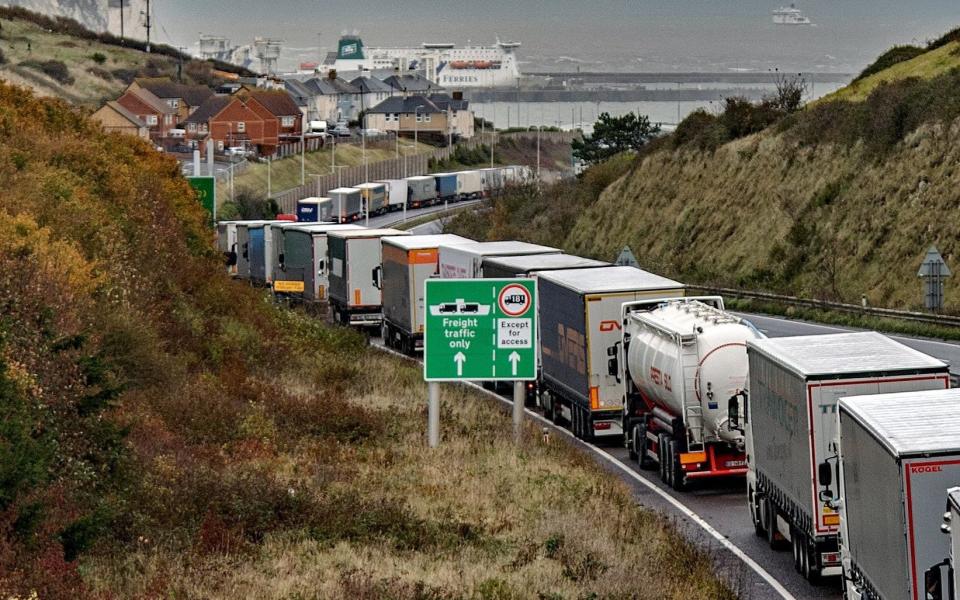
The bare bones Brexit trade agreement secured UK sovereignty to make its own laws – but at the price of increased trade friction with the EU.
Sir Keir will hope to remove some of those trade barriers but Brussels will demand sacrifice some of its post-Brexit independence in return.
Veterinary deal and an agreement on chemicals
Labour’s desire to strike an agreement on animal and plant health rules is a good example of this.
The UK and EU are now two separate regulatory jurisdictions, which means increased border checks to ensure goods crossing meet the standards of the importing country.
Sir Keir wants an agreement to reduce EU checks on UK plants, live animals and food entering the EU and Northern Ireland, which continues to follow hundreds of single market rules as part of the post-Brexit trading arrangements.
Brussels will demand that the UK align with EU rules, which will be subject to European Court of Justice oversight.
Labour insists that the UK will not be a rule-taker but the EU rejected previous British calls for a deal based on mutual recognition, where both jurisdictions agree the other’s reach the same standard through different rules.
The same argument will come up when Labour asks for a bespoke agreement on chemical safety. The EU will allow the UK to return to being part of its chemical safety regime but it will have to submit to the bloc’s rules, without having any say in how they are written.
Foreign policy and security cooperation
Both Labour and the EU want to formalise foreign policy and security cooperation, which has been run on an ad hoc basis since Brexit.
Sir Keir and the Europeans see the value in codifying how cooperation on issues such as sanctions will work after the war in Ukraine – and it is in Western interests to present a united front to Putin.
However, an earlier offer from Brussels was rejected by the Tories because it was based on binding rules, which were seen as too similar to EU structures.
Net zero deal
The UK left the EU’s Emissions Trading Scheme, the world’s largest carbon market, at the time of Brexit and set up its own version.
The markets are an important part of the push for net zero in both jurisdictions and Labour is now reportedly considering how to realign the British market with the EU’s.
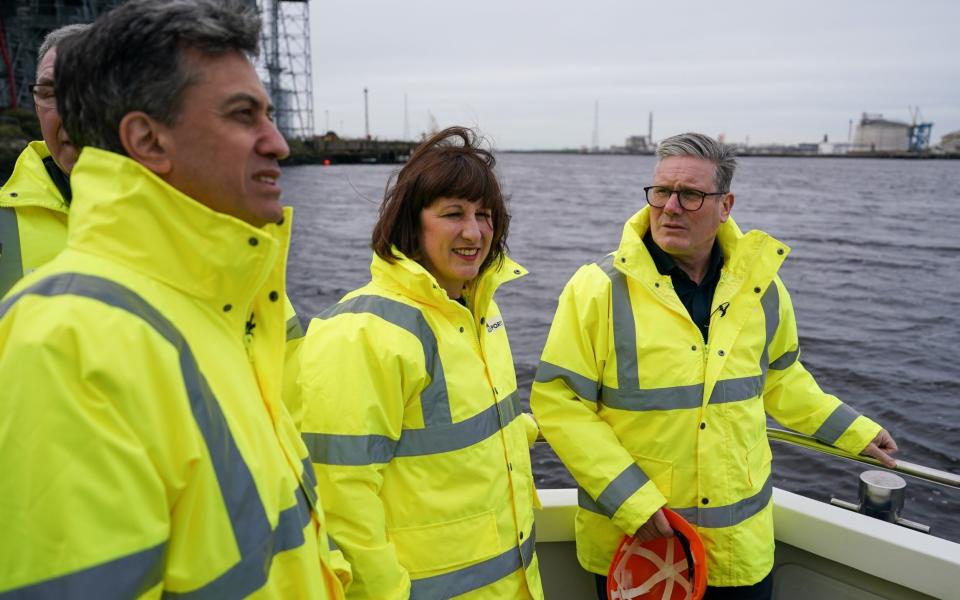
The reason is because the EU is working on a carbon tariff wall. This will subject imports of goods from places with less tough environmental rules to a charge to protect European businesses from being undercut.
Alignment will mean British goods could escape the EU green tariff.
Touring artists, financial services and freedom of movement lite
Before Brexit, British artists could benefit from EU freedom of movement rules to tour Europe. However, they are now subject to increased red tape and costs, as well as a limit on visa-free travel.
Labour has said it hopes to change that and push for recognition of professional qualifications for financial services workers. Recognition of qualifications for city workers is likely to bring a demand for assurances that UK financial recognition will not diverge from EU rules.
Asking for a laxer regime for touring artists will be met with demands for youth mobility, which Labour has already ruled out. But it could also mean a return to the Erasmus student exchange programme, which the UK left at Brexit.
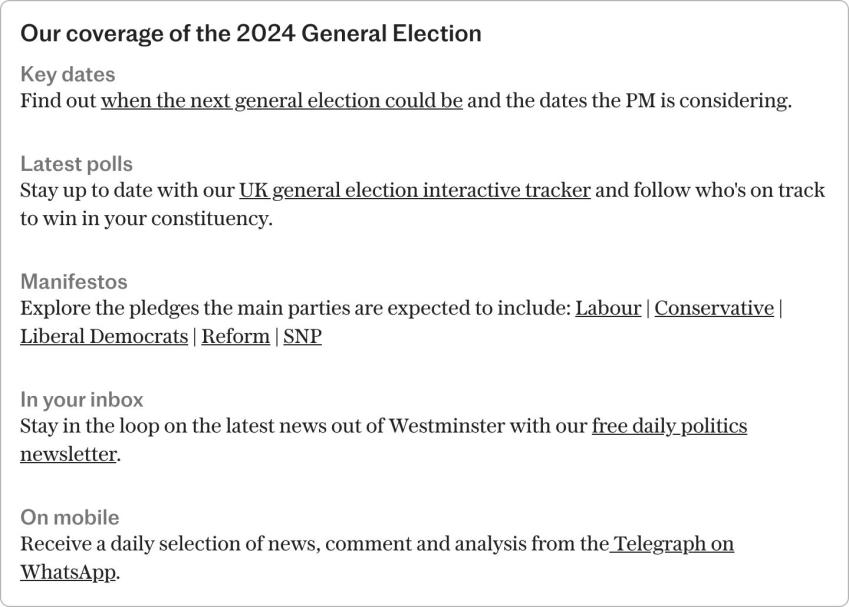

 Yahoo News
Yahoo News 
